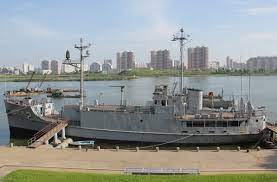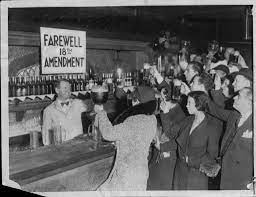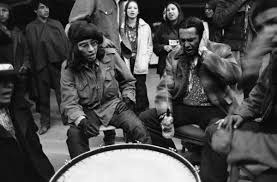The USS Pueblo incident of 1968 stands as a pivotal moment in the complex history of U.S.-North Korean relations, highlighting the tensions of the Cold War era. The USS Pueblo (AGER-2), an American Navy intelligence-gathering vessel, found itself at the center of an international crisis when it was captured by North Korean forces on January 23, 1968.
The USS Pueblo was on a routine mission in international waters off the coast of North Korea, collecting intelligence through electronic surveillance and monitoring. However, its proximity to North Korean territory became a source of friction, leading to a dramatic and unexpected confrontation.
On that fateful day, North Korean patrol boats intercepted the USS Pueblo, claiming it had violated their territorial waters. Despite the U.S. Navy's denial of any wrongdoing, the North Koreans opened fire on the unarmed ship, resulting in two crew members losing their lives and others being injured. The surviving crew members were then captured and taken into custody by North Korean forces.
The 82 crew members, including Commander Lloyd M. Bucher, were subjected to harsh conditions during their 11 months of captivity. They faced physical and psychological abuse, as the North Korean authorities sought to extract confessions of espionage from the captured sailors. The crew's mistreatment became a focal point of international attention, sparking outrage and concern from the United States and its allies.
The USS Pueblo incident exacerbated the already strained relations between the United States and North Korea. The incident occurred against the backdrop of heightened Cold War tensions, with the Korean Peninsula serving as one of the many geopolitical flashpoints between the United States and the Soviet Union. The Pueblo crisis unfolded just a few weeks before the start of the Tet Offensive in Vietnam, adding to the challenges faced by the U.S. government during this tumultuous period.
The United States demanded the immediate release of the crew and the return of the USS Pueblo, but North Korea insisted on an official apology and admission of guilt for the alleged territorial violation. Diplomatic negotiations were protracted and difficult, with both sides maintaining their positions firmly.
In December 1968, after nearly a year of negotiations, the United States and North Korea reached a resolution. The U.S. government issued a statement expressing regret for the incident, and the crew of the USS Pueblo was released. The ship itself, however, remained in North Korean possession and is currently displayed as a museum in Pyongyang.
The USS Pueblo incident had far-reaching implications, impacting diplomatic relations between the United States and North Korea for years to come. It underscored the volatility of Cold War dynamics and the potential for conflicts to escalate unexpectedly. The captured crew members faced enduring challenges in readjusting to civilian life after their release, and the incident remains a historical footnote in the complex and often contentious relationship between the two nations.






